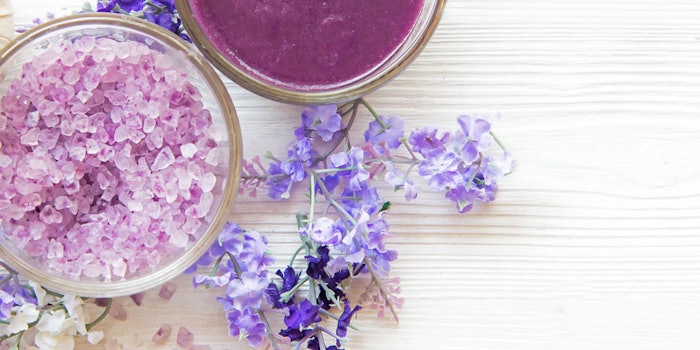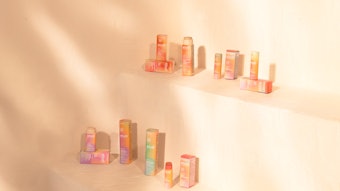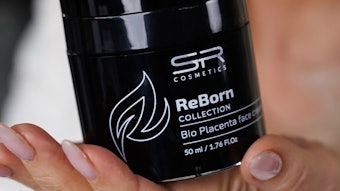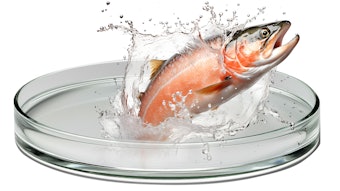
What was once considered ancient practices in the spa industry has become new again thanks to technological leaps. That's right; we're talking about aromatherapy and how fragrance development and neuroscience studies are making this magic treatment brand new again. The Global Wellness Summit is diving further into discussing how science-based research, new formulations and cleaner ingredients have led to encouraging medical professionals to look at this age-old treatment in a new light.
What's New in Aromatherapy
Aeroscena is one such company that is redefining aromatherapy, and they are actually relabeling it as well. The company trademarked the term "phyto-inhalants" to describe their aromatherapeutics that have been specifically formulated to treat symptoms of pain, nausea and anxiety. The company is taking this a step further by pioneering the concept of clinical aromatherapy in the U.S.
Aeroscena is working to bring legitimacy to aromatherapy through large-scale medical studies to provide evidence-based proof that scent can help with pain, sleep apnea, morning sickness and anxiety. It is also working to change how insurance companies won't cover natural remedies without FDA approval.
Nue Co, a UK natural supplement company, has also jumped into the aromatherapy trend by creating the first anti-stress supplement that can be worn as a fragrance. They developed this scent through the use of data insight on the connection between cognitive function and the olfactory system.
Aromatherapy and the Brain
It has been shown that the brain can link memories to scents, so aromatherapy can aid in healing neurological disorders like dementia, Alzheimer's or short-term memory loss through scent therapy. In fact, losing the sense of smell is often associated with Alzheimer's.
“The future of fragrance will be using scent to ‘biohack’ our brains and bodies to perform better,” says Joanne DeLuca of Sputnik Futures, a company that specializes in anticipating consumer trends. It is predicted that studies on the impact that scents have on cognition will continue to grow, with studies already showing how rosemary can help people perform mental tasks better.










